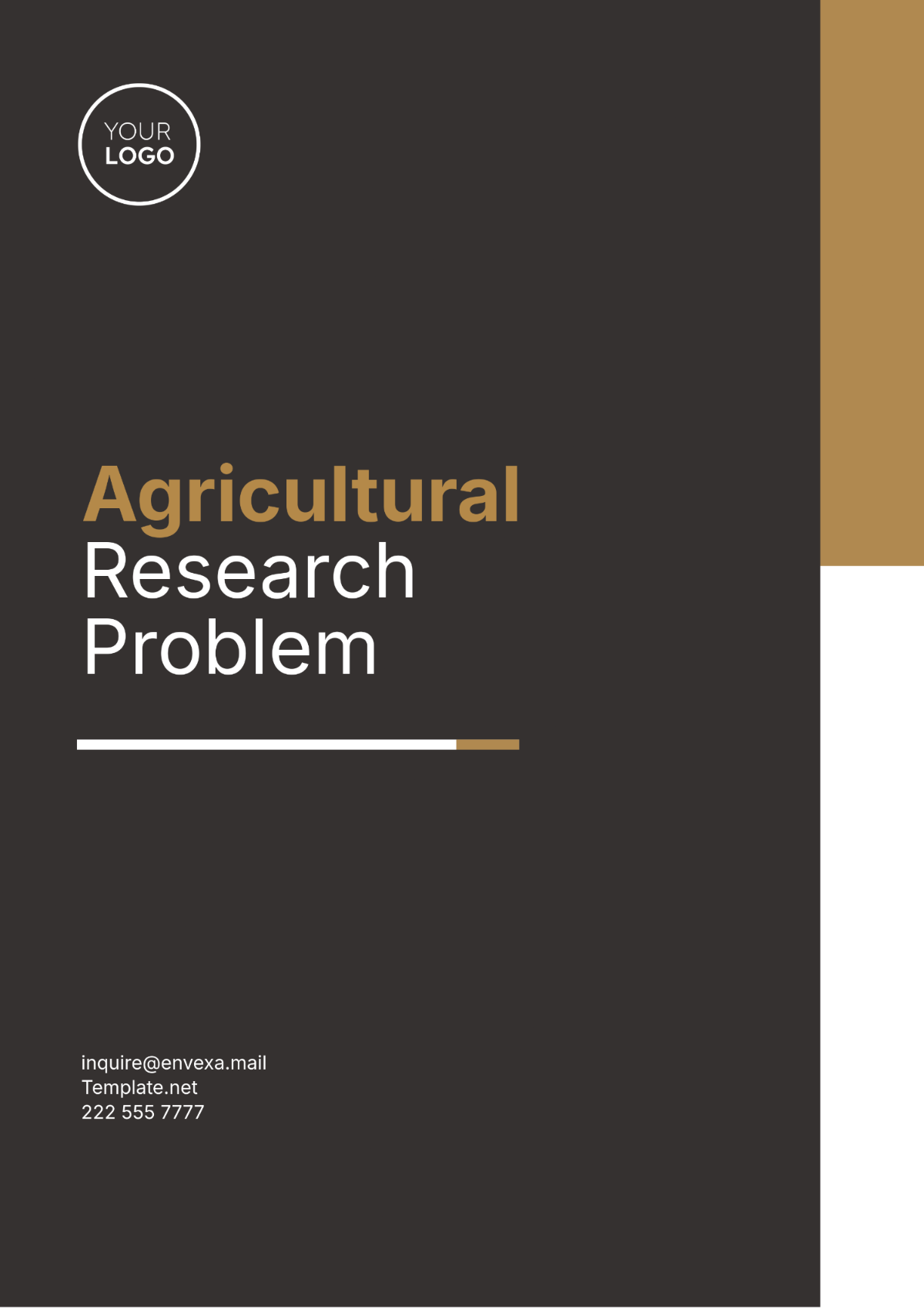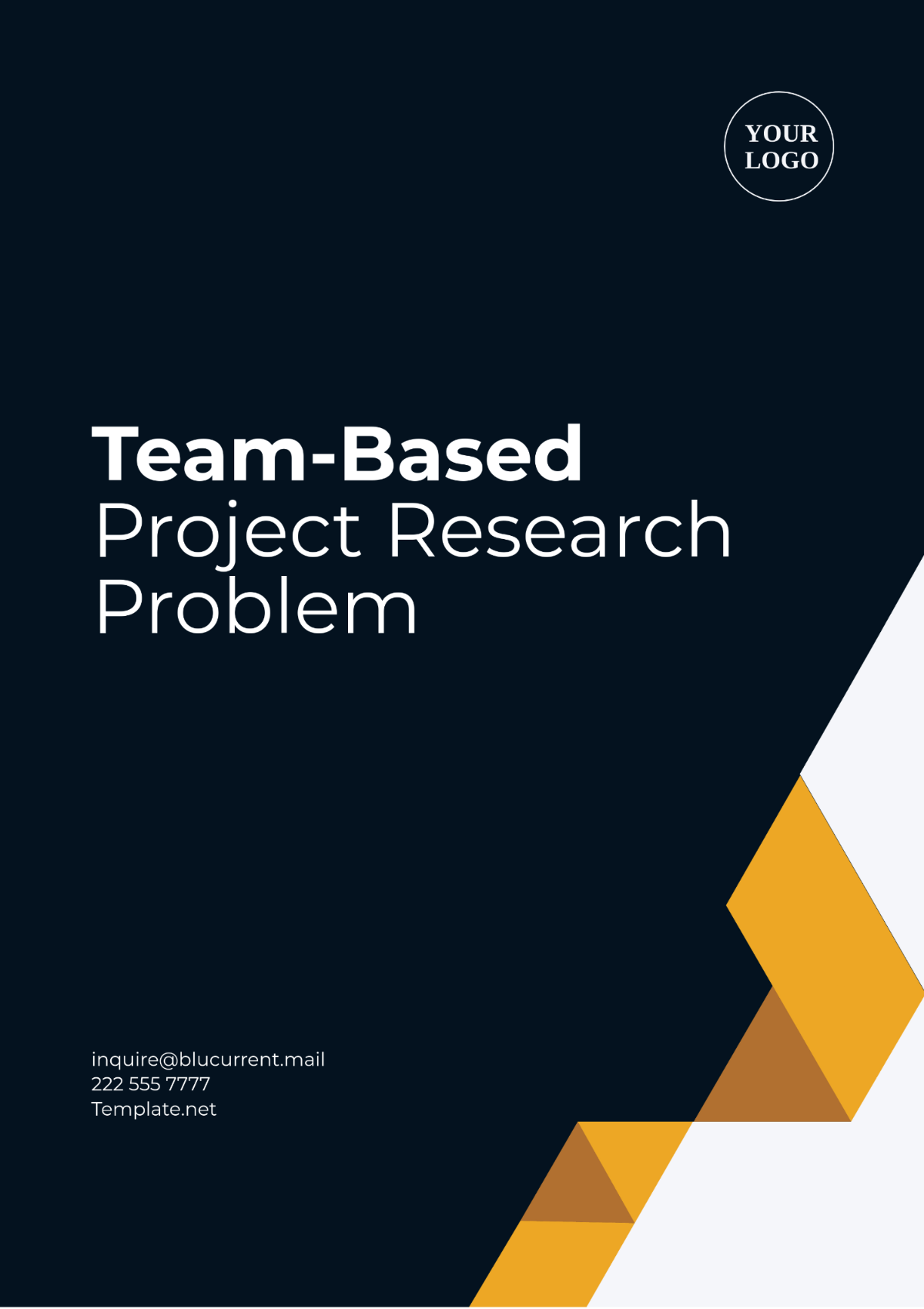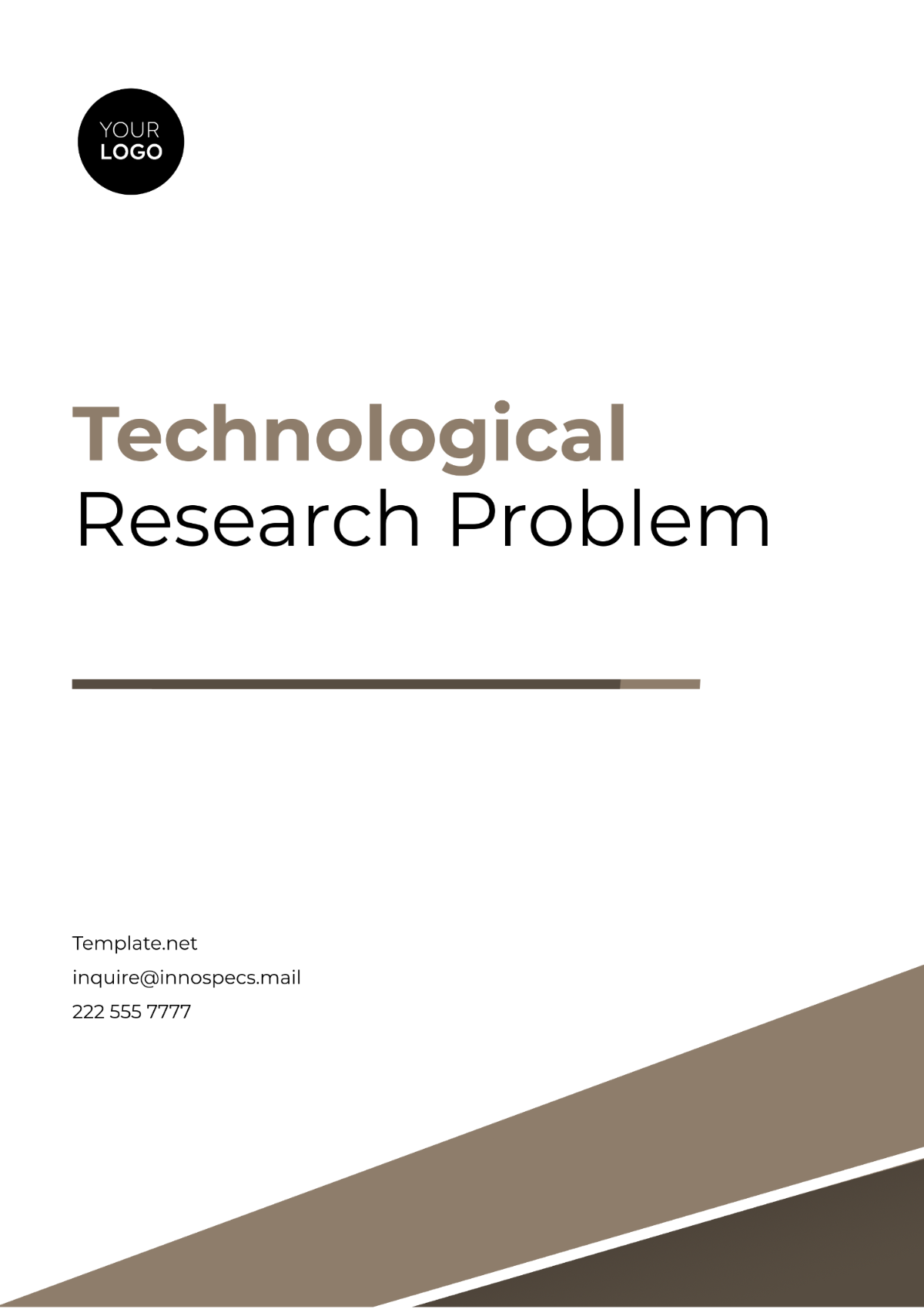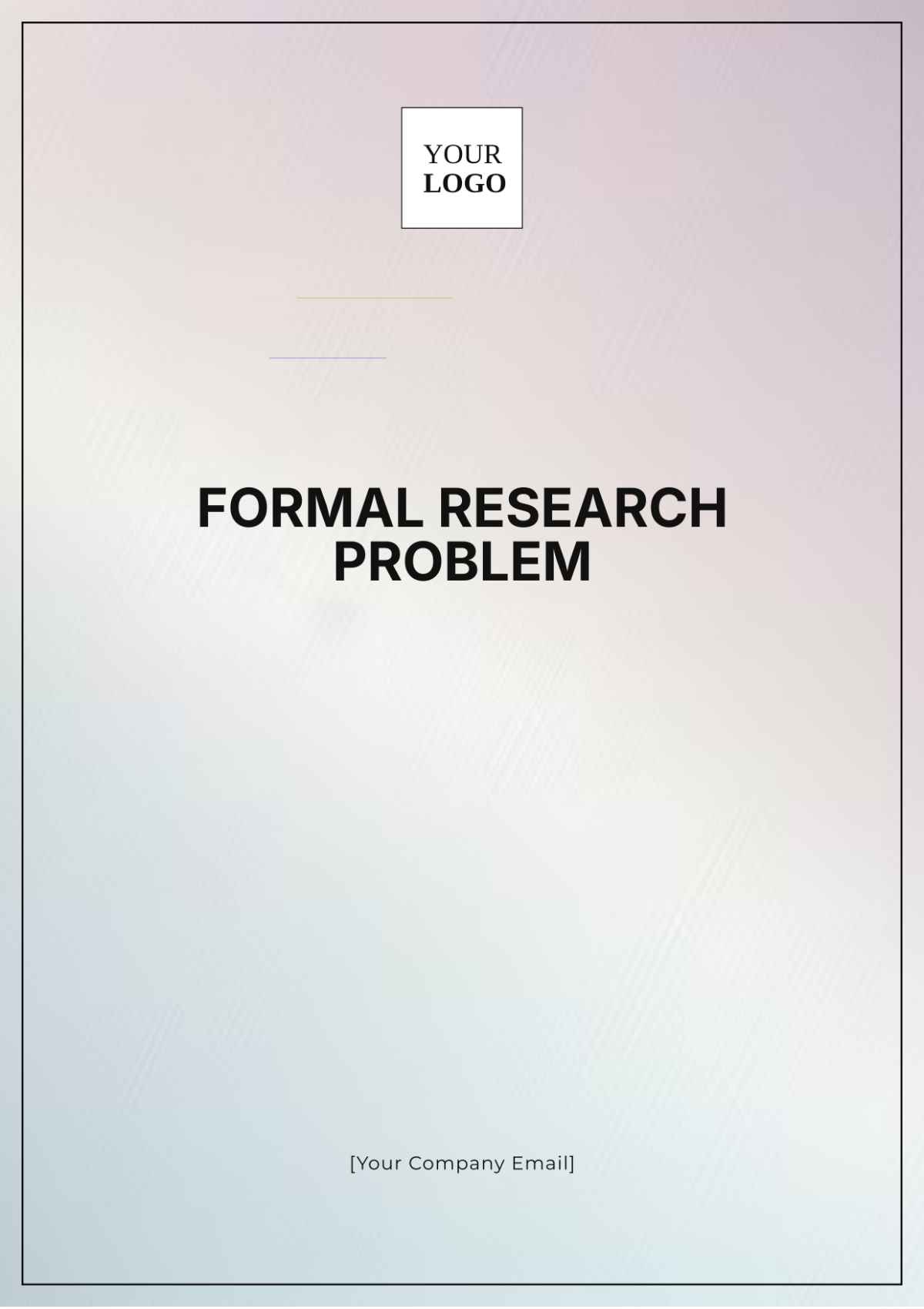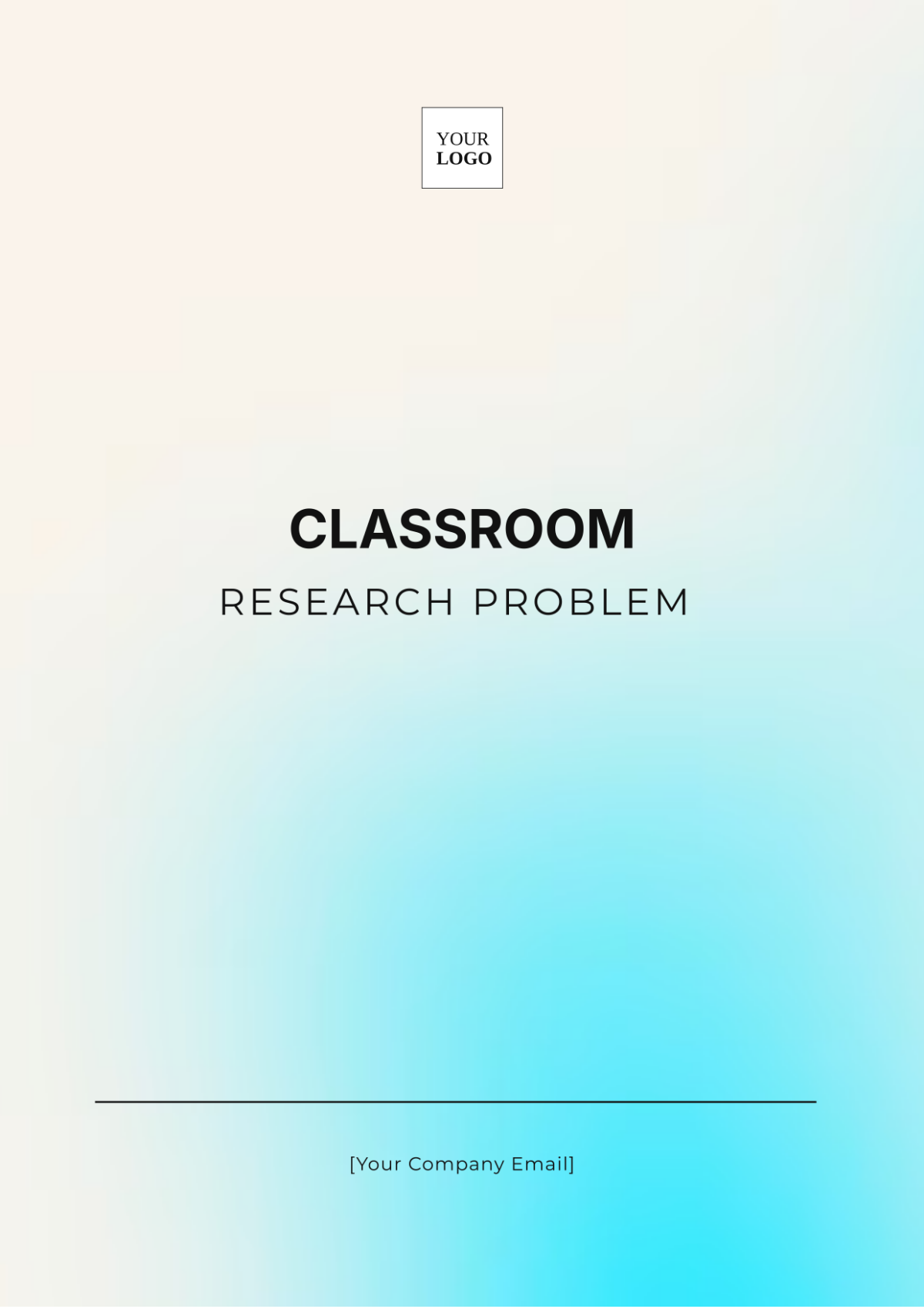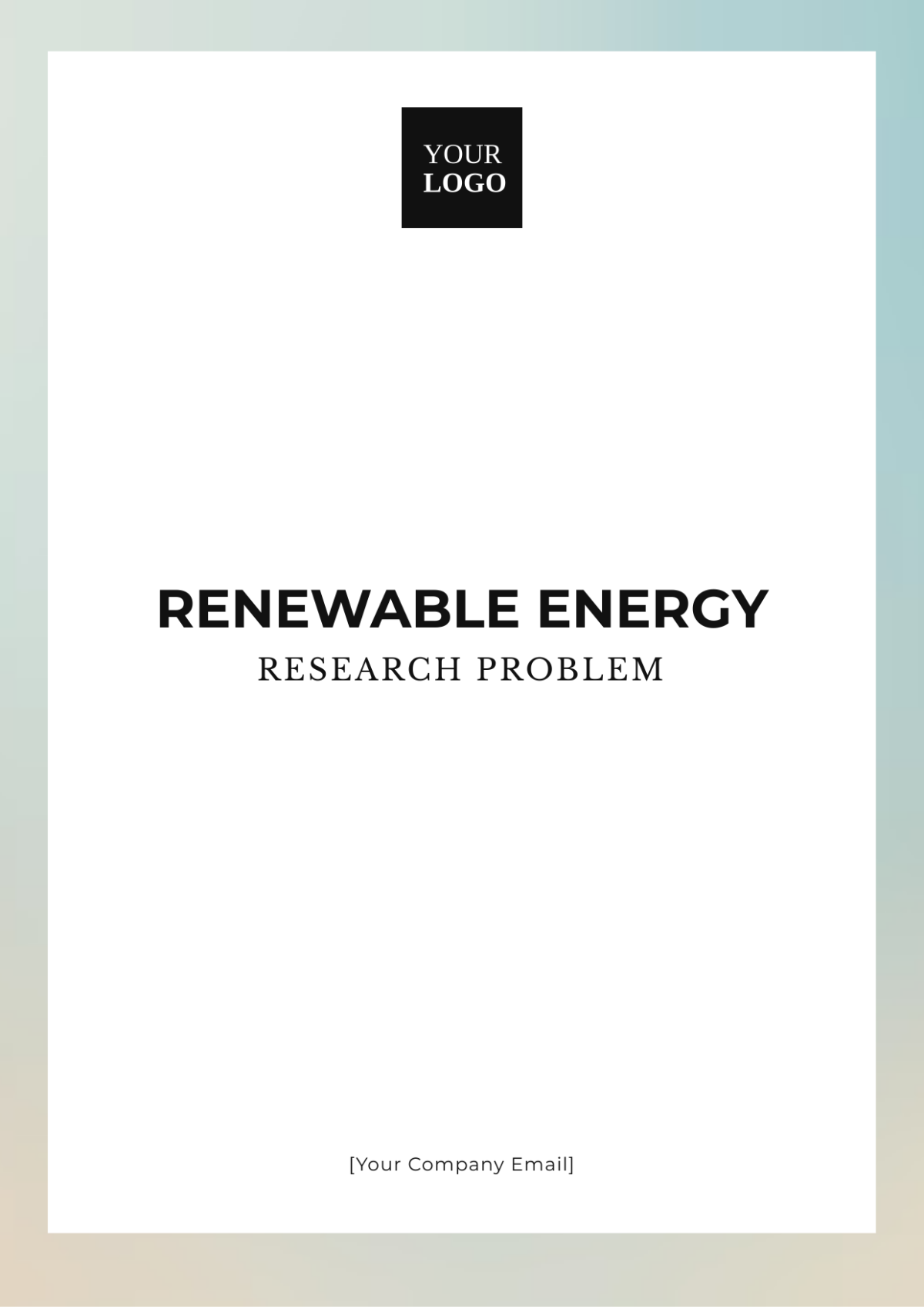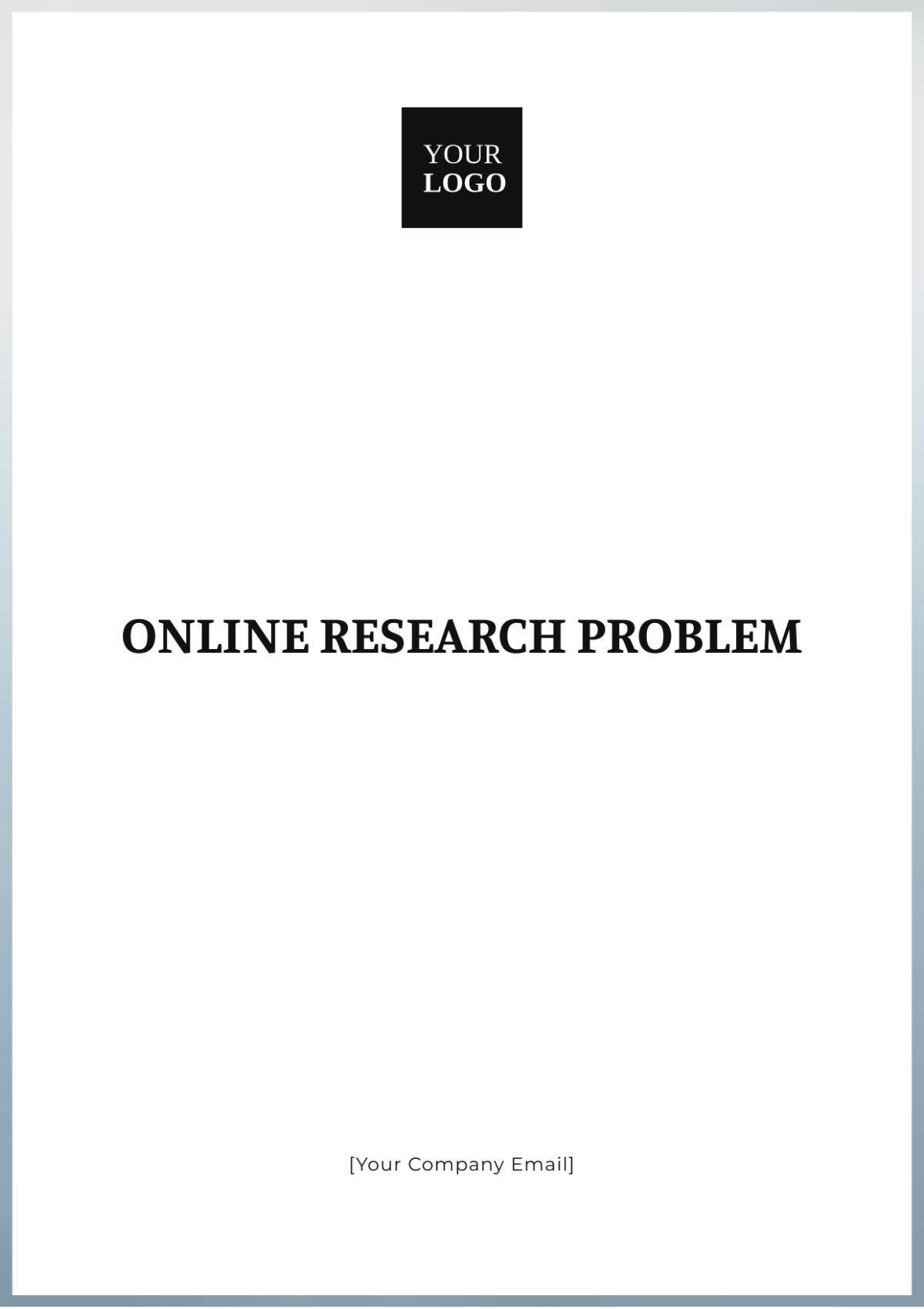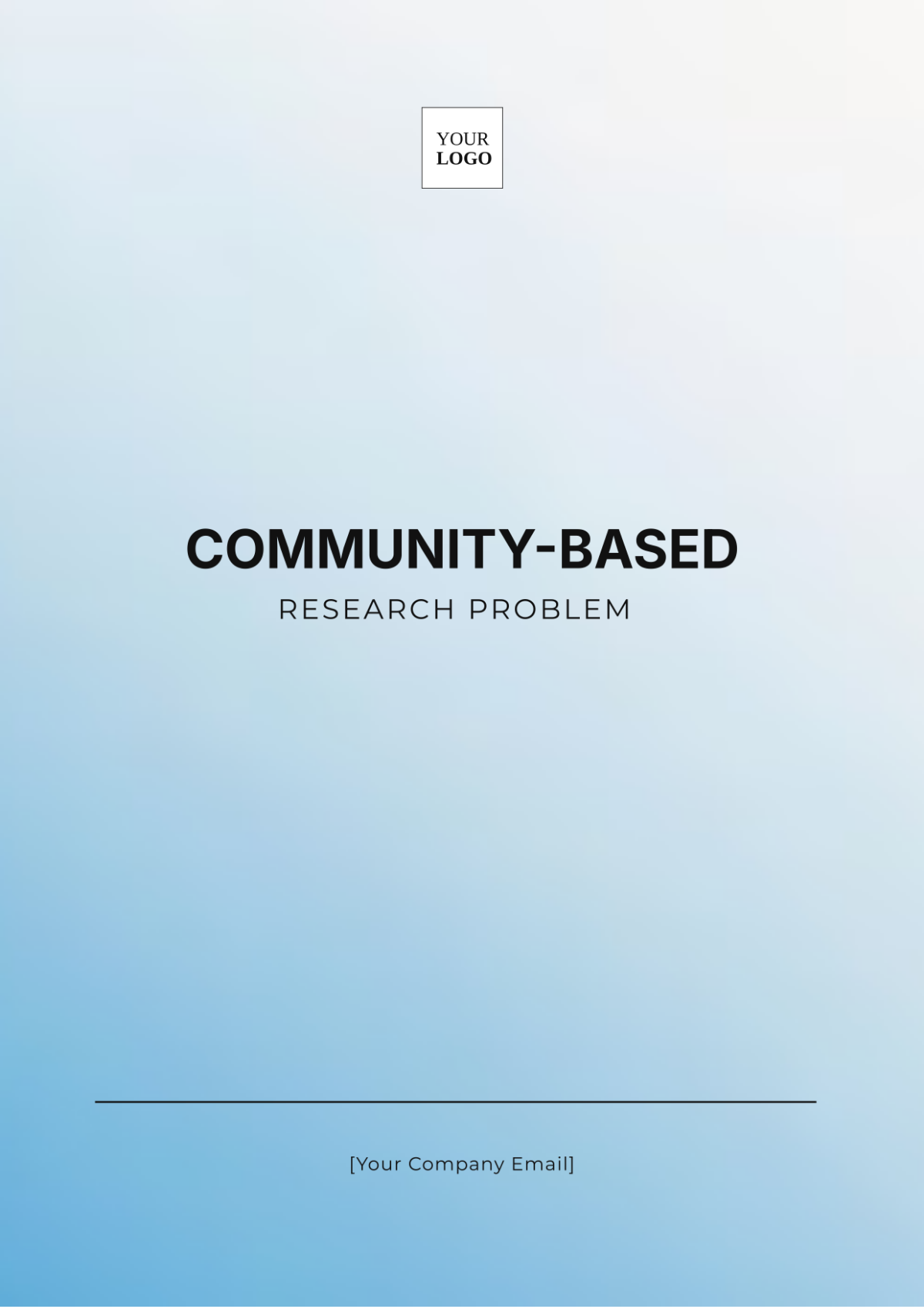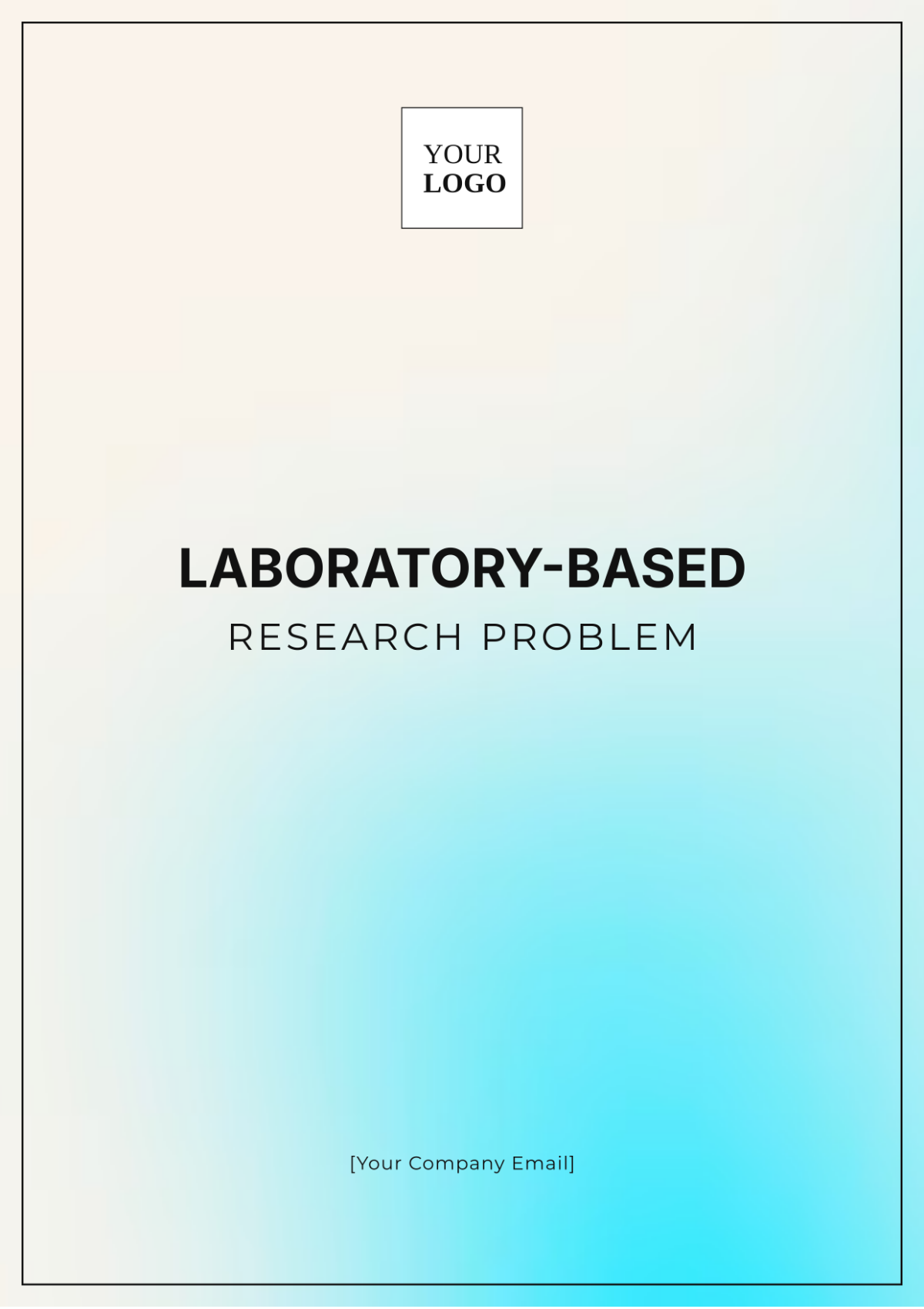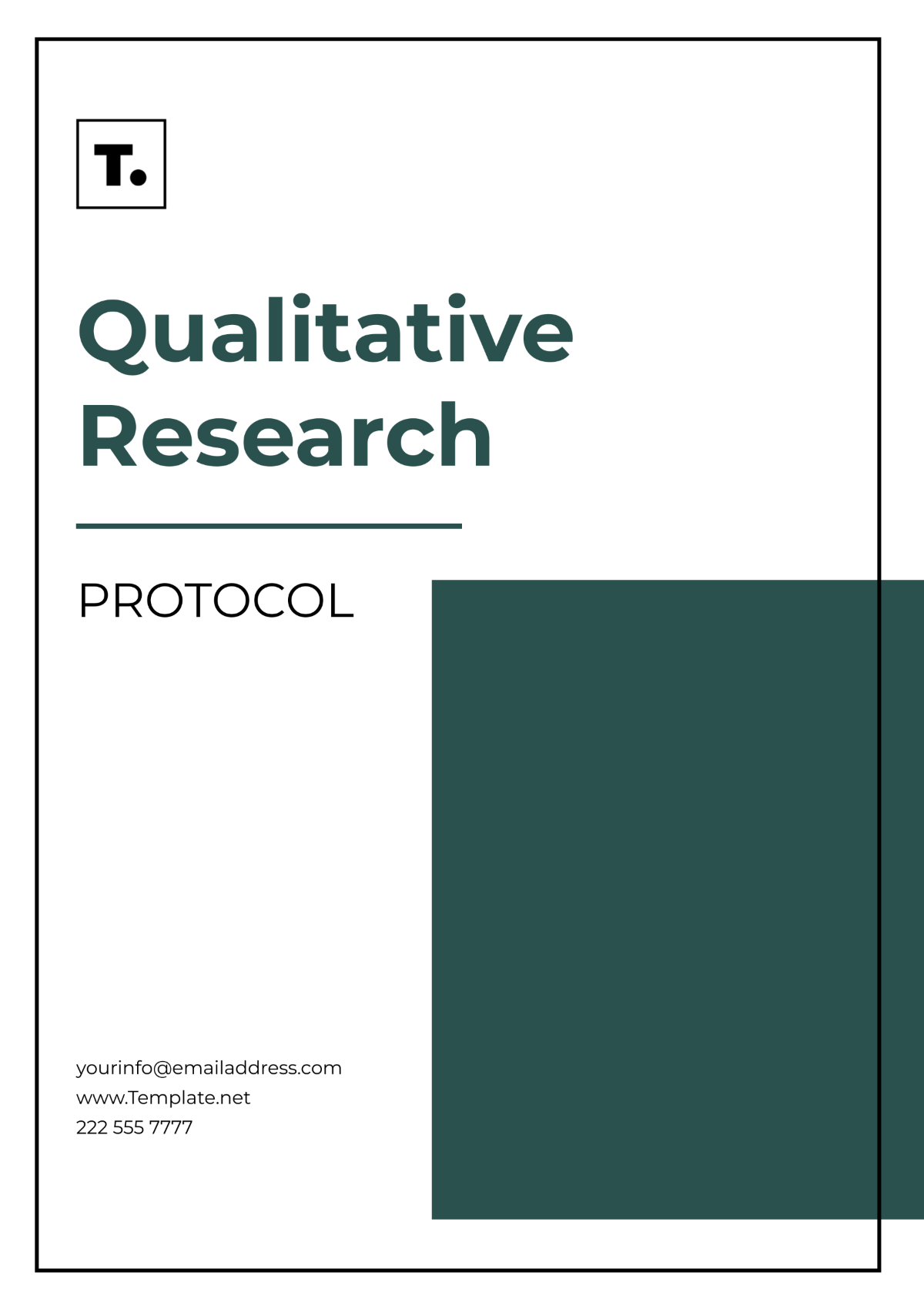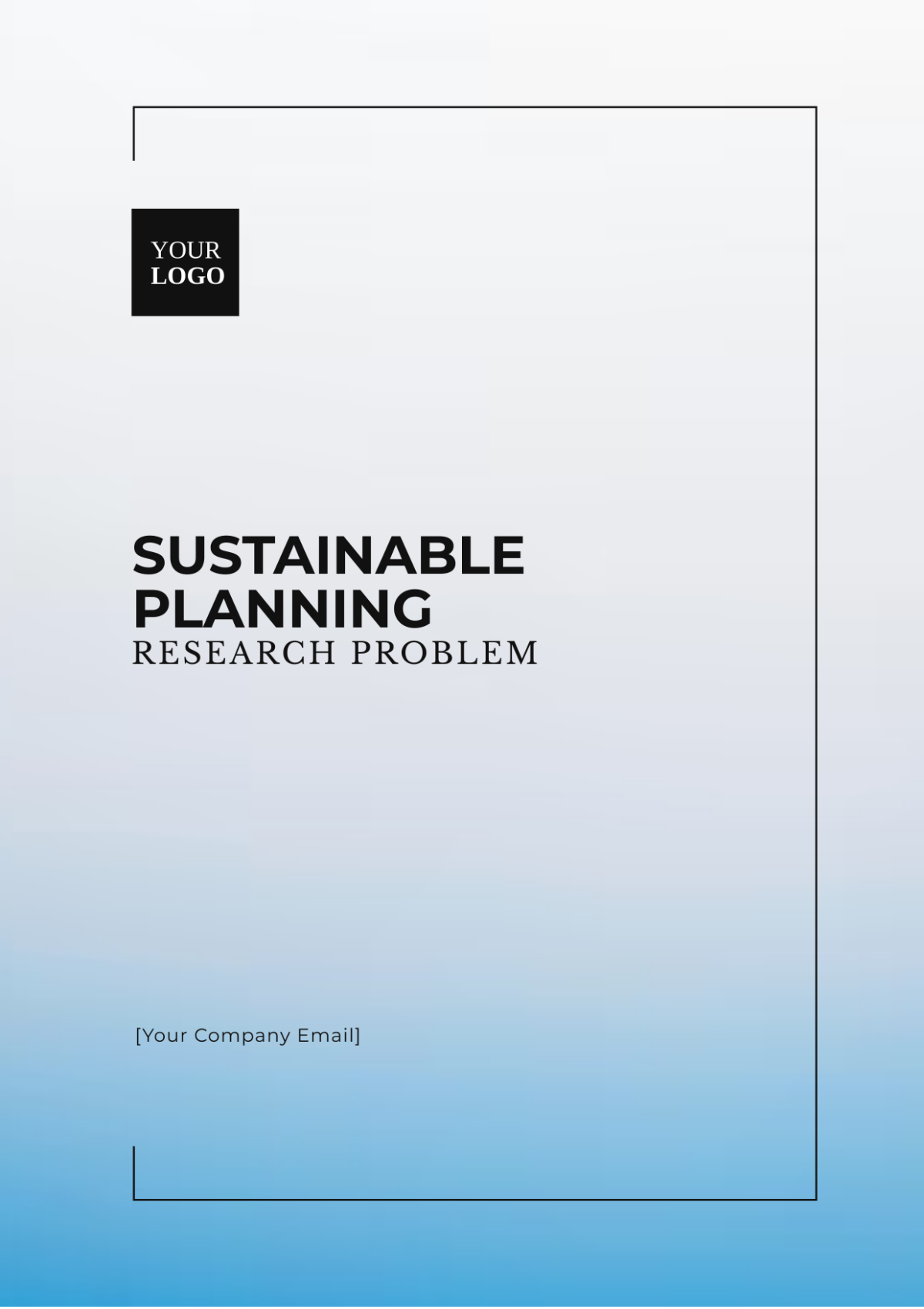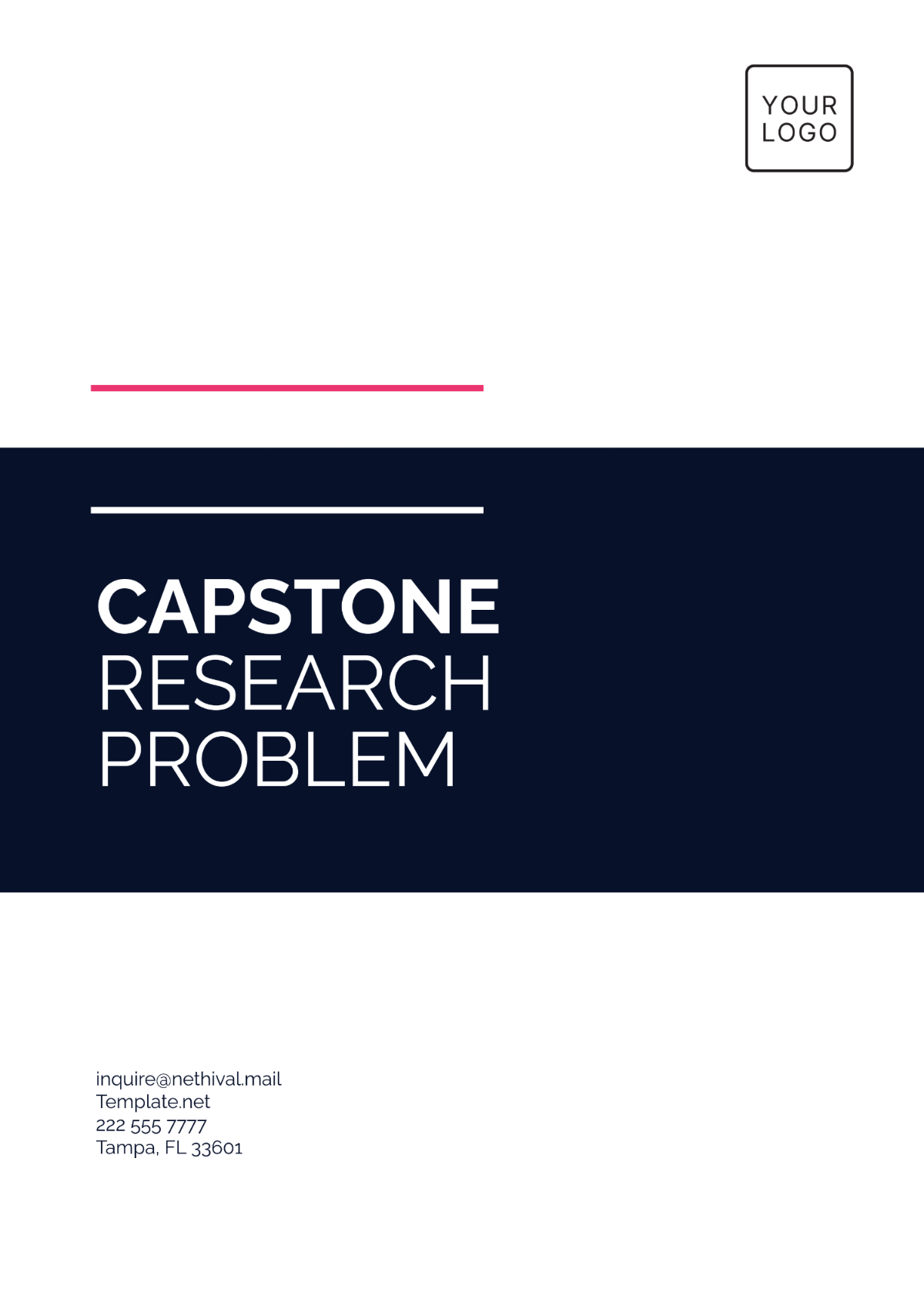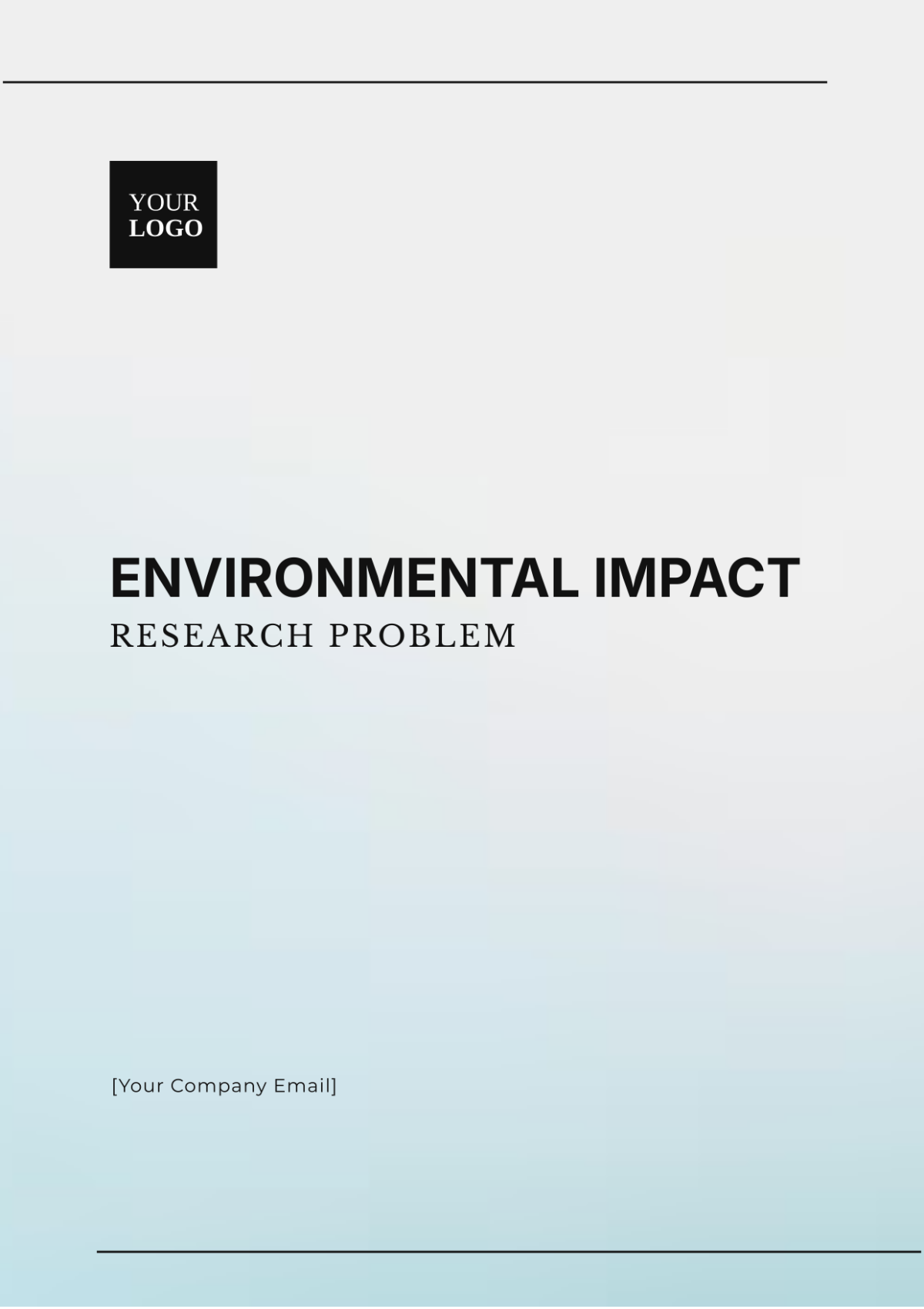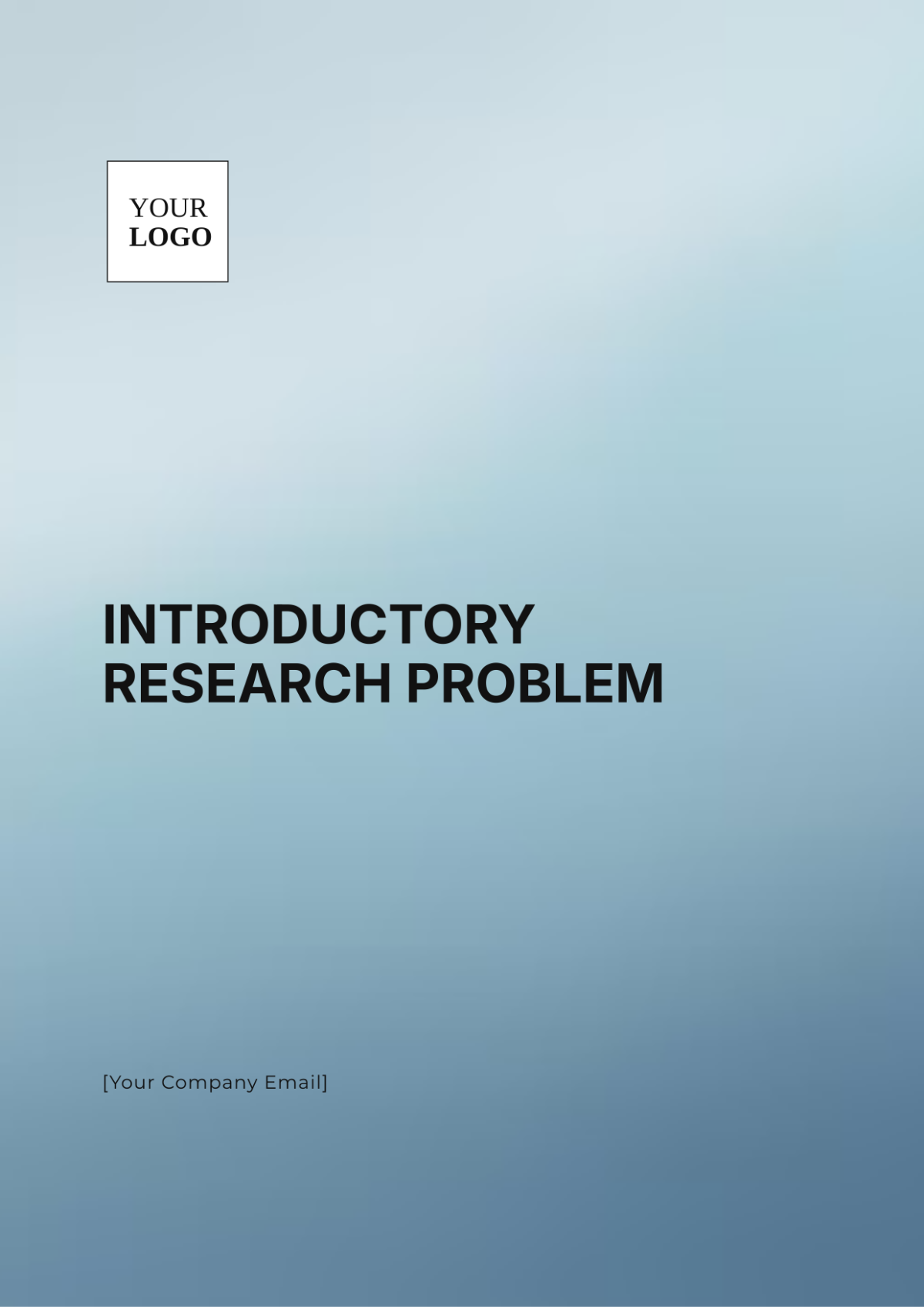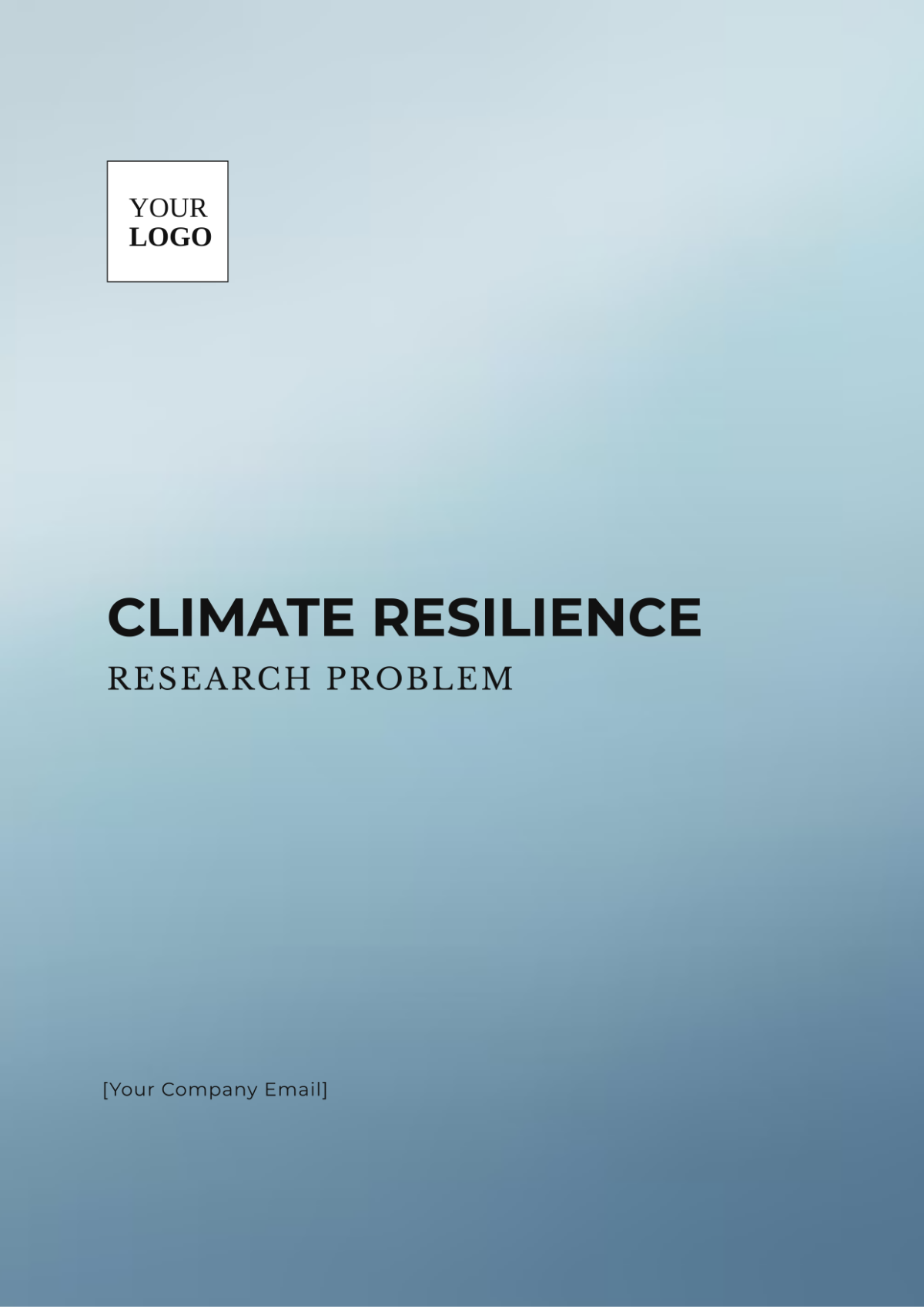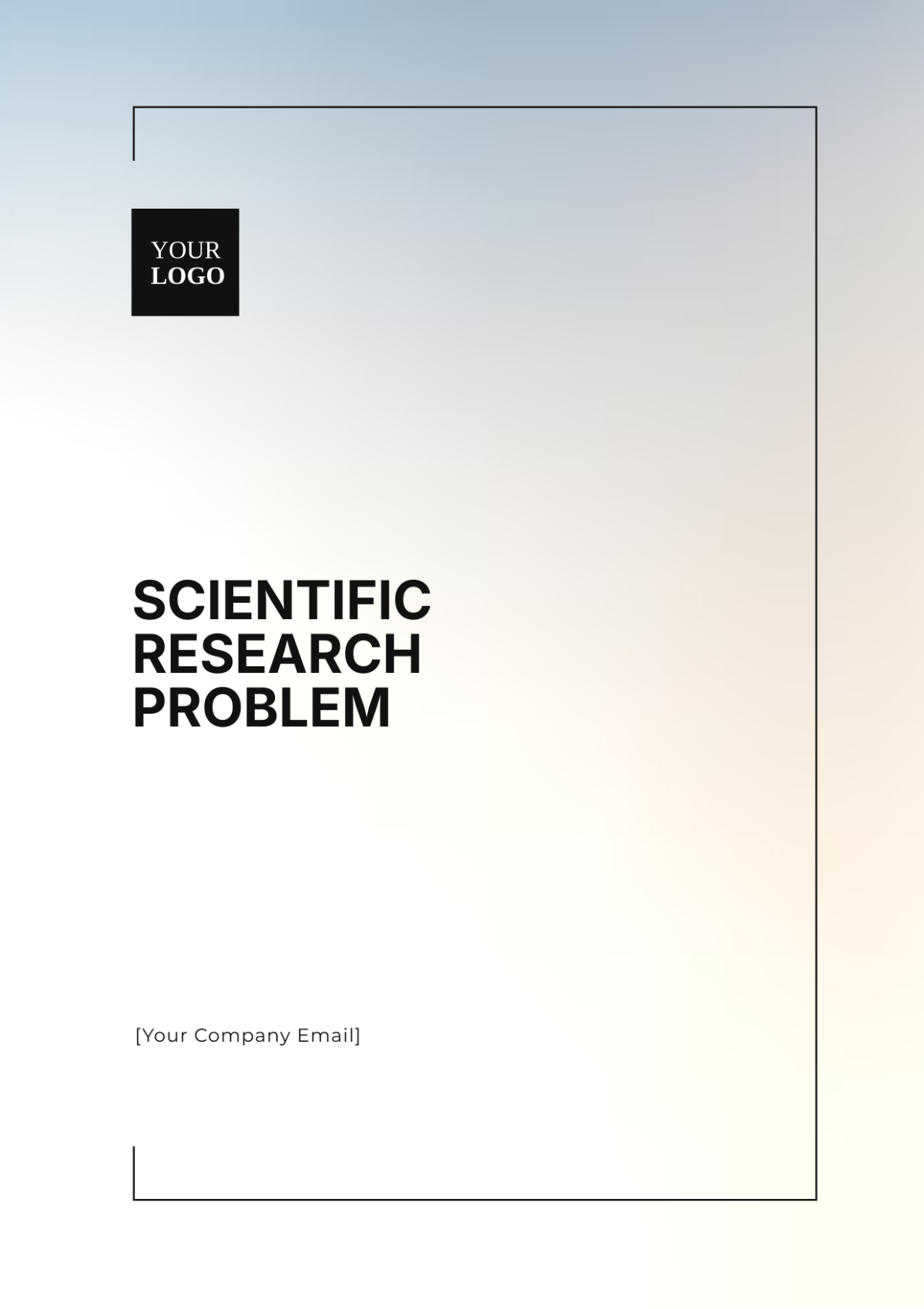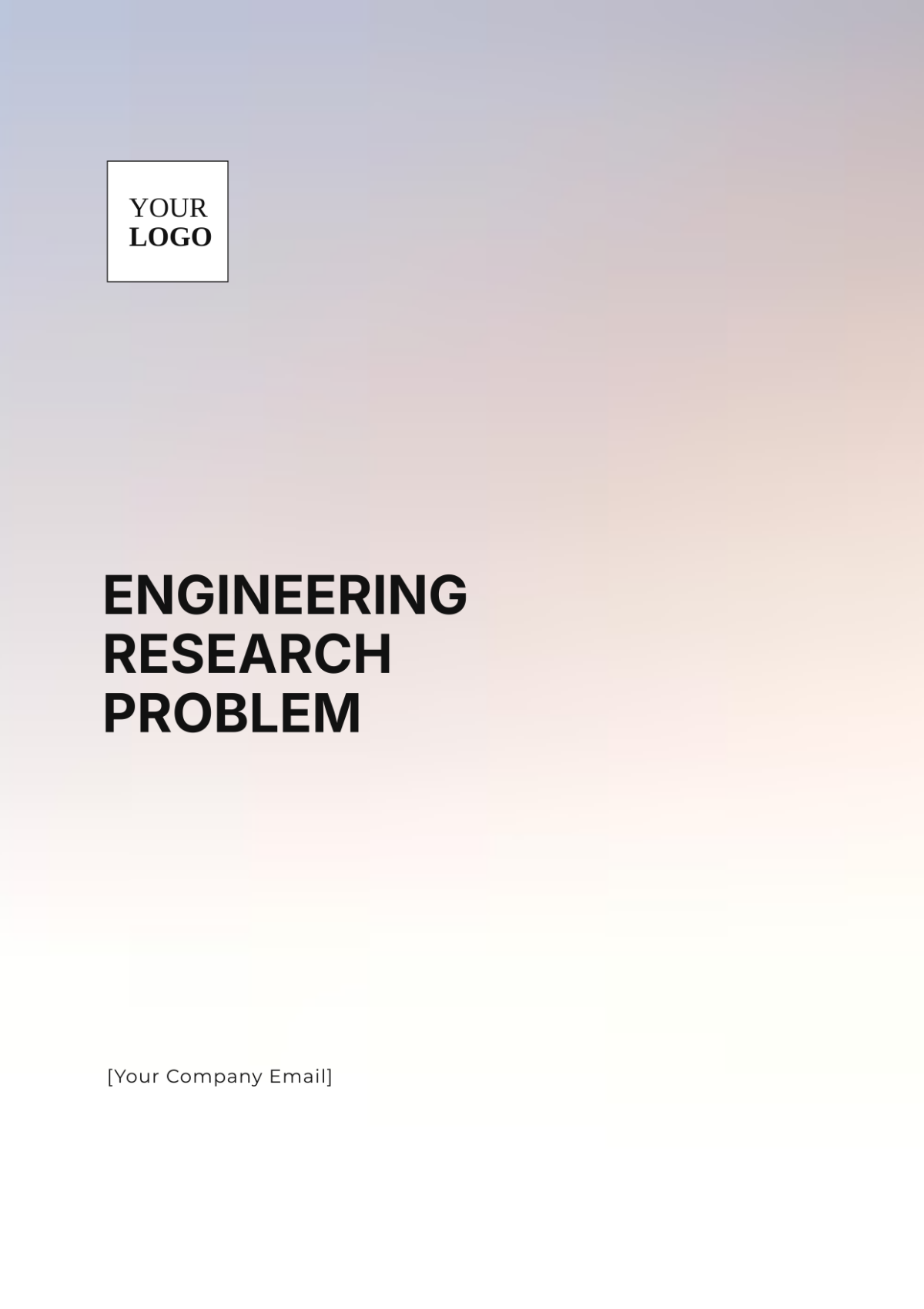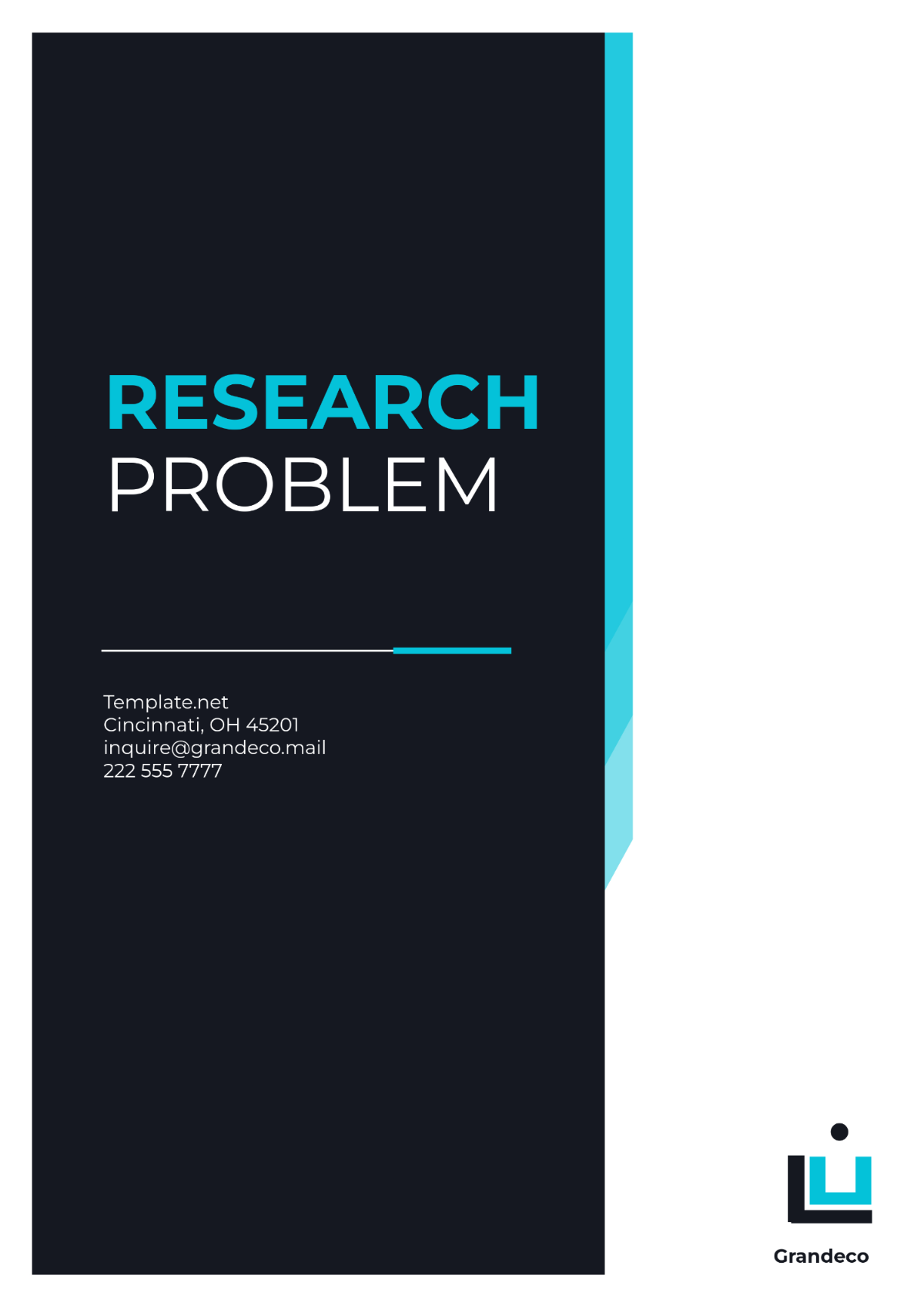Metacognitive Strategies Action Research
Prepared by: [Your Name]
Date: [Date]
1. Introduction
This research aims to evaluate the effectiveness of metacognitive strategies in enhancing student learning outcomes and improving instructional practices. By focusing on how learners plan, monitor, and assess their learning processes, this study seeks to provide insights into better teaching methods and educational tools.
2. Literature Review
2.1 Overview of Metacognitive Strategies
Metacognitive strategies involve techniques that help learners become aware of and control their cognitive processes during learning. Key strategies include self-regulation, goal setting, and reflective thinking. These strategies are crucial for fostering deeper understanding and enhancing academic performance.
2.2 Impact on Learning Outcomes
Research indicates that students who employ metacognitive strategies show improved problem-solving skills, higher academic achievement, and greater self-efficacy. Studies by Smith et al. (2050) and Johnson (2050) highlight the positive effects of metacognitive interventions on student performance across various subjects.
3. Methodology
3.1 Research Design
This study comprehensively assesses the impact of metacognitive strategies by utilizing a mixed-methods approach. We will collect quantitative data through pre- and post-intervention assessments, and gather qualitative data through interviews and focus groups.
3.2 Data Collection Methods
Surveys: Administered to 200 students before and after implementing metacognitive strategies.
Interviews: Conducted with 15 educators to gather insights on the integration of these strategies in the classroom.
Observations: In-class observations of student interactions and strategy use.
3.3 Data Analysis
Quantitative data will be analyzed using statistical software to measure changes in student performance. Qualitative data will be coded and analyzed thematically to identify common trends and insights.
4. Results
4.1 Data Presentation
Quantitative Results: Students demonstrated a 15% improvement in test scores and a 20% increase in self-reported self-regulation skills.
Qualitative Findings: Educators reported enhanced student engagement and better self-management of learning tasks.
4.2 Interpretation of Findings
The results suggest that metacognitive strategies significantly enhance student learning outcomes by improving self-regulation and engagement. These findings align with previous research by Lee (2050) and Thompson (2050), confirming the positive impact of these strategies.
5. Discussion
5.1 Analysis in Context
The research confirms that integrating metacognitive strategies into teaching practices leads to measurable improvements in student performance. This supports the findings of previous studies and suggests that metacognitive interventions are effective in various educational settings.
5.2 Implications for Practice
Educators are encouraged to incorporate metacognitive strategies into their teaching methods. Training programs should focus on helping teachers implement these strategies effectively, thereby enhancing student learning experiences and outcomes.
6. Conclusion
6.1 Summary of Findings
The research highlights the effectiveness of metacognitive strategies in improving student learning and self-regulation. Key findings include increased academic performance and better self-management skills among students.
6.2 Recommendations
It is recommended that educational institutions provide professional development for teachers on metacognitive strategies. Further research should explore the long-term effects of these strategies and their applicability across different educational contexts.
6.3 Future Research Directions
Future studies should investigate the impact of metacognitive strategies on diverse student populations and subject areas. Additionally, exploring technology-based metacognitive tools could provide new insights into their effectiveness.
7. References
Johnson, L. (2050). Metacognitive Strategies in Education: A Comprehensive Review. Educational Research Journal.
Lee, M. (2050). Enhancing Learning Outcomes Through Metacognitive Techniques. Journal of Educational Psychology.
Smith, A., Brown, J., & Clark, T. (2050). The Role of Metacognition in Academic Achievement. International Journal of Teaching and Learning.
















